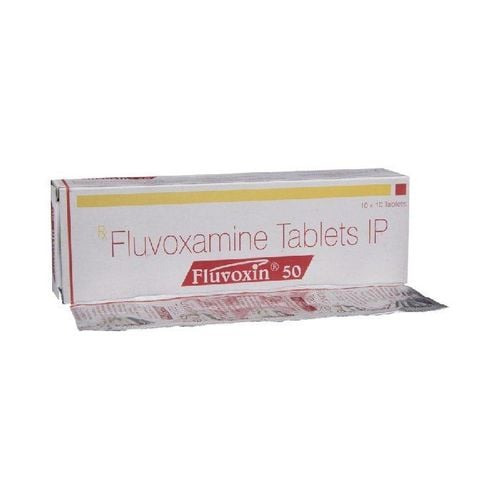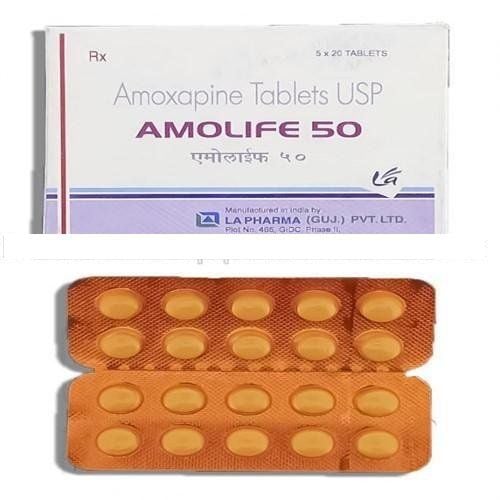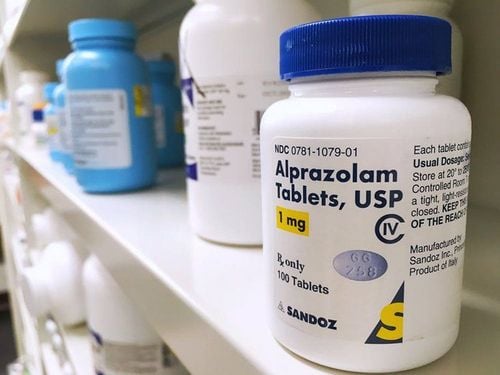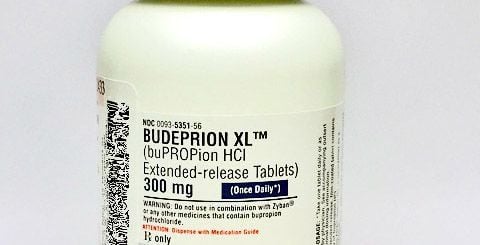This is an automatically translated article.
Fluoxetine is in a class of drugs called selective serotonin reuptake inhibitors (SSRIs). Fluoxetine works by increasing the amount of serotonin, a natural substance in the brain that helps maintain mental balance. Fluoxetine is indicated for use in the treatment of depression, anxiety disorders, and post-event panic disorder, obsessive-compulsive problems, and post-traumatic stress.
1. What are the uses of Fluoxetine?
Fluoxetine belongs to a class of drugs called selective serotonin reuptake inhibitors (SSRIs). Everyone has a substance called serotonin in the brain; Meanwhile, patients with depression or with obsessive disorder, anxiety disorder or bulimia had lower serotonin levels than others. Thus, the effect of the drug Fluoxetine will increase the level of serotonin in the brain, used to treat the following conditions:
In adults:
Episodes of depression Obsessive-compulsive disorder: a form The most common mental disorder is characterized by repetitive, intrusive thoughts that lead to compulsive behaviors that the person feels motivated to perform. Eating disorders: Fluoxetine is used in conjunction with psychotherapy to reduce binge eating and to purge (eg, by inducement of self-vomiting or by taking laxatives to eliminate lost calories). ingest). In children and adolescents 8 years of age and older:
Moderate to severe major depressive disorder: If the depression does not respond to psychotherapy after 4-6 sessions, fluoxetine should be indicated. combined with maintenance psychotherapy.
2. Things to note before taking Fluoxetine
Do not take Fluoxetine if you have one of the following conditions:
Allergy (hypersensitivity) to fluoxetine or any other ingredient of the medicine. If the user develops a rash or other allergic reactions (such as itching, swelling of the lips or face, or difficulty breathing), stop taking the drug immediately and contact a doctor immediately. Are taking other medicines indicated to treat depression, which belong to the class of monoamine oxidase inhibitors (MAOIs) because serious or even fatal reactions can occur, eg nialamide, iproniazid, moclobemide , phenelzine, tranylcypromine, isocarboxazid, toloxatone and also linezolid (an antibiotic). However, fluoxetine treatment can be started the next day after stopping certain reversible MAOIs (eg, moclobemide). Are taking metoprolol (to treat heart failure) because it increases the risk of heart disease when the heart rate becomes too slow. Fluoxetine should also be used with caution in patients with any of the following: Seizures or seizures or increased frequency of seizures with Fluoxetine New-onset or recurrent mania have occurred in the past Have thoughts of suicide or have committed suicide With diabetes, your doctor may need to adjust your insulin or diabetes medication to control blood sugar Problems liver problems Cardiovascular conditions Glaucoma History of bleeding disorders or the appearance of unusual bruising or bleeding or if you are pregnant Fever, muscle stiffness or tremors, changes in mental status, confusion, irritability, and extreme agitation, which are manifestations of "Serotonin Syndrome" Sexual dysfunction

Thuôc Fluoxetine được kê đơn sau khi bác sĩ đã thăm khám
3. How to take Fluoxetine?
Fluoxetine is psychotropic and should only be purchased with a doctor's prescription. Always take this medication exactly as prescribed. In case of uncertainty, users should ask their doctor or pharmacist.
Fluoxetine is made in the form of capsules, taken orally with water. Do not chew the capsule or perform other ways to destroy the tablet structure because it will cause the drug to be released massively when it enters the stomach, causing many dangerous side effects.
The recommended adult dose for each indication is as follows:
Depression: Dosage is 1 capsule (20 mg) daily. Your doctor will review and adjust your dosage if necessary within 3 to 4 weeks of starting treatment, which can be increased gradually up to a maximum of 3 capsules (60mg) per day. The dose should be increased carefully to ensure that the patient receives the lowest but most effective dose. Although people may not feel better immediately when they first start taking antidepressants, this is normal because improvement in depressive symptoms may not occur until after several weeks of taking them. first drug. Accordingly, depressed patients need to be treated for at least 6 months. Eating disorders: Dosage is 3 capsules (60 mg) per day. Obsessive Compulsive Disorder: Dosage is 1 capsule (20 mg) per day. Your doctor will review and adjust the dosage if necessary after 2 weeks of treatment, which can be gradually increased up to a maximum of 3 capsules (60 mg) per day. If no improvement is noted within 10 weeks, your doctor will review this treatment. Recommended Dose in Children and Adolescents 8 to 18 years of age with depression: The starting dose is 10 mg/day. After 1 to 2 weeks, your doctor may increase your dose to 20mg/day. The dose must be increased carefully to ensure that the child receives the lowest but most effective dose. Children who are underweight may need a lower dose. If the child responds well to treatment and makes a full recovery, the doctor will consider whether treatment can be stopped after 6 months. However, if no improvement is noted within 10 weeks, your doctor will reconsider this treatment.
In elderly patients, the dose of Fluoxetine should be increased more cautiously and the daily dose should generally not exceed 2 capsules (40 mg). The maximum dose is 3 capsules (60mg) per day.
In patients with liver failure or taking other medications that may affect Fluoxetine, your doctor may decide to prescribe a lower dose of Fluoxetine.
It is necessary to adhere to the instructions and the doctor's supervision during the treatment with Fluoxetine, not to increase or decrease the dose as well as stop the treatment without consulting a specialist. If you suddenly stop taking Fluoxetine, you will experience dizziness, tingling sensations, sleep disturbances, restlessness or agitation, unusual tiredness or weakness, anxiety and nausea. vomiting, shaking, headache...

Thuốc Fluoxetine cần được dùng theo chỉ dẫn của bác sĩ
4. Possible side effects when taking Fluoxetine
Like all medicines, Fluoxetine can cause certain side effects, although not everyone gets them.
Possible side effects when taking Fluoxetine are as follows;
Thoughts of self-harm or suicidal behavior Rash or allergic reaction such as itching, swelling of lips/tongue or wheezing/difficulty breathing Feeling restless and unable to sit or stand Serotonin syndrome with fever, increased breathing, increased heart rate, sweating, muscle stiffness or tremors, agitation or confusion, drowsiness Prolonged and painful erections Heart problems, such as a fast heartbeat or Irregularity, fainting, falling, or dizziness when standing may indicate an irregular heartbeat. If any of the above conditions occurs, the patient should see a doctor as soon as possible to have their psychotropic therapy adjusted, including discontinuing fluoxetine.
In addition, patients also experience other symptoms as side effects when taking Fluoxetine at a milder level, such as sleep disturbance, headache, feeling nauseous, diarrhea, fatigue, weight loss. .. the dose may need to be adjusted by a specialist.
In summary, Fluoxetine is used to treat depression or obsessive-compulsive disorder in adults, as well as children and adolescents. This medication belongs to the group of selective serotonin reuptake inhibitors (SSRIs), which increase the concentration of neurotransmitters in the brain, positively regulating mood control. Therefore, indications for use and monitoring of treatment with Fluoxetine indicated by a specialist doctor; At the same time, the patient also needs to follow it correctly to quickly achieve effective results, avoiding the risk of side effects.
Please dial HOTLINE for more information or register for an appointment HERE. Download MyVinmec app to make appointments faster and to manage your bookings easily.
References: webmd.com, nps.org.au, urmc.rochester.edu, medicines.org.uk












